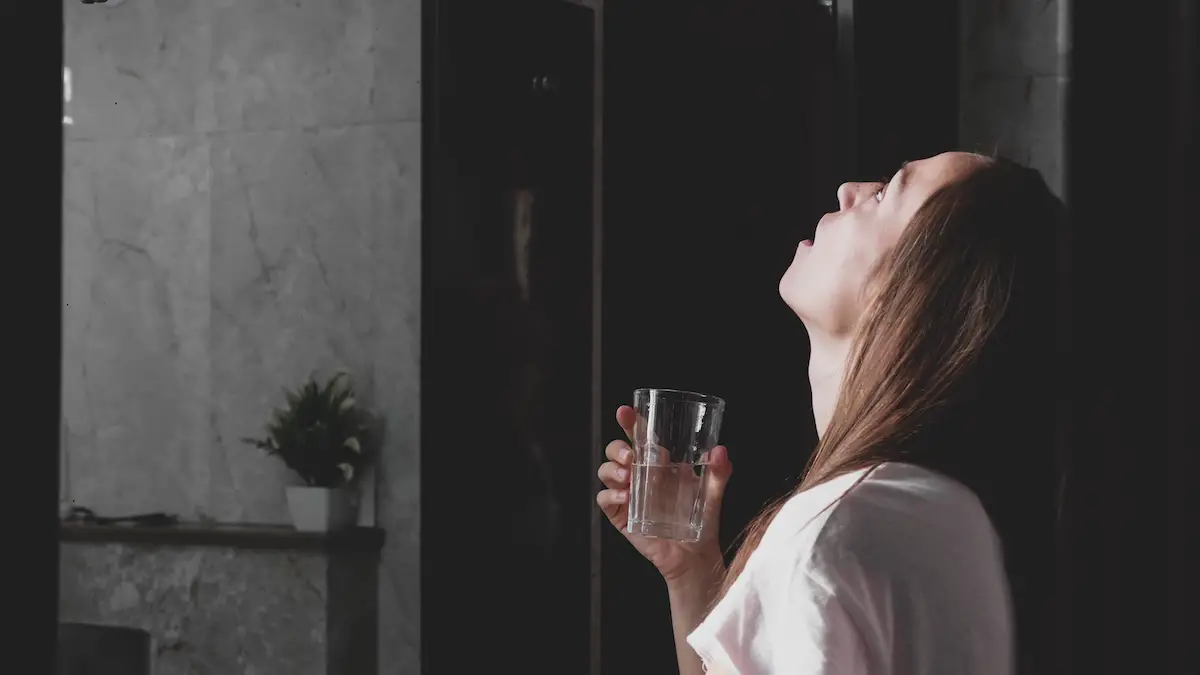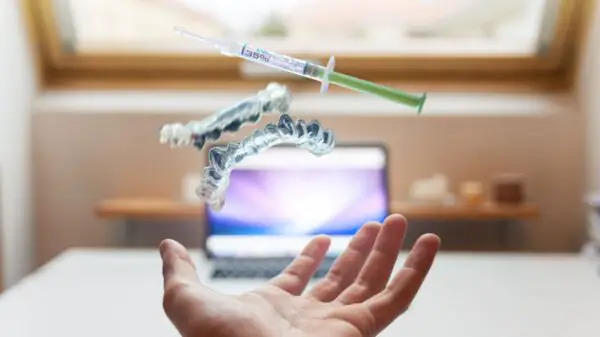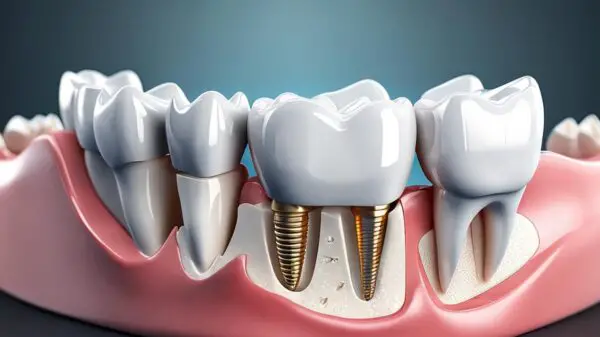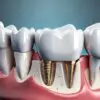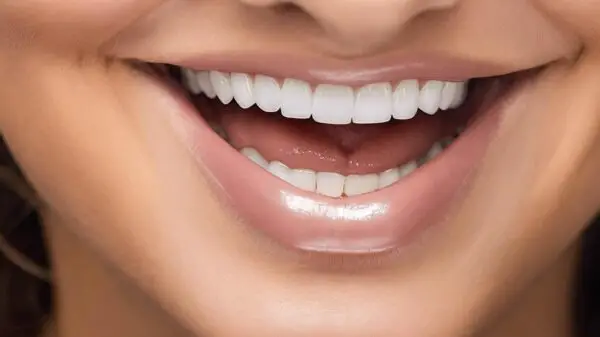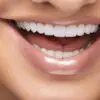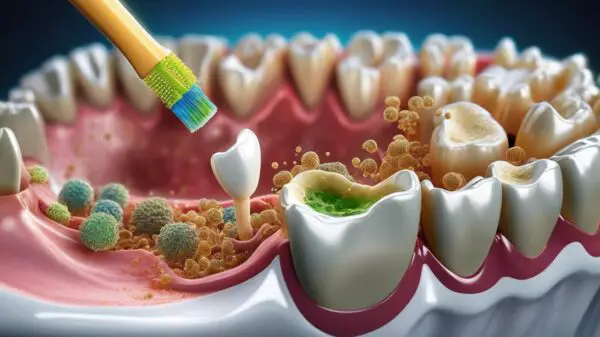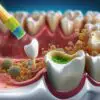There’s Bacteria In the Mouth?
Most people are aware that there is a certain amount of bacteria present in their mouths at all times. However, many are surprised to learn just how much bacteria actually lives in their mouths on a daily basis. According to studies, the average human mouth contains billions of bacteria at any given time. In fact, some estimates suggest that there are more than 700 different types of bacteria living in the average person’s mouth. With this being the case, many wonder how to get rid of this bacteria. So, does saltwater kill bacteria in the mouth?
Yes, saltwater does kill bacteria in the mouth, but it’s important to still practice good oral hygiene and to see your dentist regularly for cleanings and checkups. This is because while some of these bacteria are harmless, others can cause serious problems if they enter the bloodstream.
So, now that you have an idea of how saltwater can kill bacteria in your mouth, let’s examine the reasons why there are bacteria in the mouth and how to practice proper oral hygiene so that you can prevent infections and many other negative things that accompany bad oral hygiene.

Why Is There So Much
Your mouth is a breeding ground for bacteria. The number of bacteria that lives in your mouth may give you chills, but don’t let it bother you too much! Some of these bacteria are beneficial and help to keep your mouth healthy. However, other types of bacteria can cause tooth decay and gum disease.
The main reason why your mouth is such a fertile environment for bacteria is that it is warm and moist. This combination provides the perfect conditions for bacterial growth. Additionally, your mouth is full of food particles that serve as a food source for bacteria. Lastly, your saliva also contains enzymes that can break down food particles and provide nutrients for bacteria.
Should You Really Not Be Worried
It’s not that you shouldn’t be worried. You just shouldn’t be overly concerned. There are reasons to take care of when it comes to all of the bacteria in your mouth. Well, when the levels of good and bad bacteria become unbalanced, this can lead to dental problems. For example, if there are too many harmful bacteria present, they can start to break down your tooth enamel, leading to cavities. Additionally, these bacteria can also cause gum disease by irritating and inflaming your gums.
To help keep your mouth healthy and free of harmful bacteria, it is important to practice good oral hygiene habits. This includes brushing your teeth twice a day, flossing daily, and using mouthwash. Additionally, you should see your dentist regularly for professional cleanings and checkups. By taking these steps, you can help keep your mouth healthy and free of harmful bacteria.
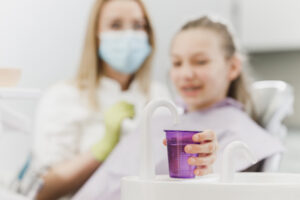
Sicknesses That Mouth Bacteria Can Cause
There are many types of sickness that can be caused by mouth bacteria. Some of the more common ones include:
- Tooth Decay
- Gingivitis
- Periodontal Disease
- Bad Breath
Tooth Decay
Tooth Decay is caused by a build-up of plaque on the teeth. This plaque is a sticky film made up of food particles, saliva, and bacteria that can accumulate on teeth. The bacteria in the plaque produce acids that eat away at the tooth enamel. This can cause cavities to form.
Gingivitis
Gingivitis is an inflammation of the gums. It is usually caused by a build-up of plaque on the teeth. If gingivitis is not treated, it can lead to periodontal disease.
Periodontal Disease
Periodontal disease is a serious infection of the gums and bones that support the teeth. It is usually caused by a build-up of plaque on the teeth. If periodontal disease is not treated, it can lead to tooth loss.
Bad Breath
Bad breath is caused by the bacteria in the mouth. The bacteria release chemicals that smell bad. This can be prevented by brushing and flossing regularly.
Can Saltwater Kill Bacteria
Saltwater is often used as a natural remedy for healing wounds and preventing infection. But does it also have antimicrobial properties that can help kill bacteria in your mouth?
Research suggests that saltwater can indeed be effective at killing certain types of bacteria. Studies from Antimicrobial Agents and Chemotherapy and the Journal of Oral Microbiology found that saltwater was able to kill Streptococcus mutans, a type of bacteria that is known to cause cavities. Also, studies found that saltwater affected dental plaque, as it was able to reduce the number of plaque-forming bacteria.
So, saltwater may be able to help kill some types of bacteria in your mouth. However, it’s important to note that it is not a substitute for good oral hygiene. Be sure to brush and floss regularly, routinely replace your toothbrush, and see your local dentist for regular checkups and cleanings.
Saltwater Helping With Some Mouth Pains
Gargling with salt water is a simple, inexpensive, and effective way to soothe a sore throat. It can also help with allergies, canker sores, and more.
Salt water gargling is one of the oldest and most effective remedies for sore throat. The salt helps to draw out excess fluid and mucus, while the warm water can help to soothe the inflamed tissues.
Gargling with salt water can also help to relieve symptoms of allergies. The saltwater can help to wash away allergens that have become lodged in the throat or sinuses.
Canker sores are small ulcers that form on the inside of the mouth. They can be very painful and frustrating. Gargling with salt water can help to heal and prevent canker sores.
There are many other benefits of gargling with salt water. It can help to freshen your breath, reduce inflammation, and even boost the immune system.

How Do You Make A Proper Saltwater Gargle
There are a few things you need to keep in mind when making a saltwater gargle. First, you’ll need to use pure water. This means distilled or sterilized water, not tap water. Second, the concentration of salt should be about one teaspoon per cup of water. Too much salt can irritate your throat and make swallowing difficult. Finally, gargle for at least 30 seconds before spitting the solution out.
Making a saltwater gargle is simple and only requires a few household ingredients. Start by boiling some water and then adding salt to it until the concentration is around one teaspoon per cup. Once the salt has dissolved, allow the mixture to cool slightly so it isn’t too hot to gargle with. Gargle for 30 seconds, making sure to get the back of your throat, and then spit the solution out. Repeat as needed.
The goal of using this saltwater gargle is to help soothe a sore throat, clear congestion, and reduce inflammation. It’s a safe, natural remedy that can be used as often as needed. Just be sure to use pure water and the correct salt concentration to avoid irritating your throat. Remember that it isn’t a cure, but simply helps when it comes to some of your oral concerns.
Proper Gargling Technique
To gargle properly, tilt your head back and take a sip of water. Tilt your head forward and let the water run from the back of your throat over your tongue. Gargle for 30 seconds to 1 minute, then spit the water out. Repeat 2-3 times.
If you’re using salt water, dissolve 1/2 teaspoon of salt in 8 ounces of warm water. If you’re using mouthwash, follow the directions on the bottle.
Gargling is most effective when it’s done regularly. Try to gargle at least once a day, or more often if you have a cold or sore throat.



